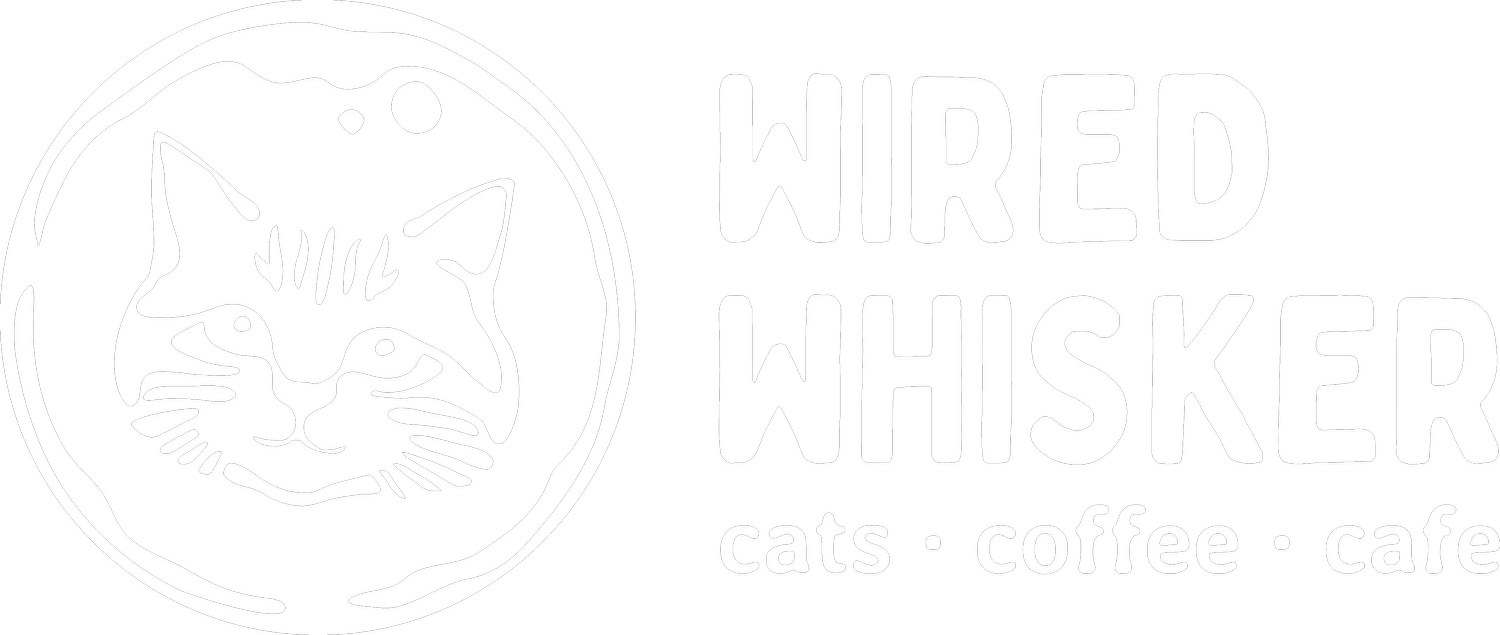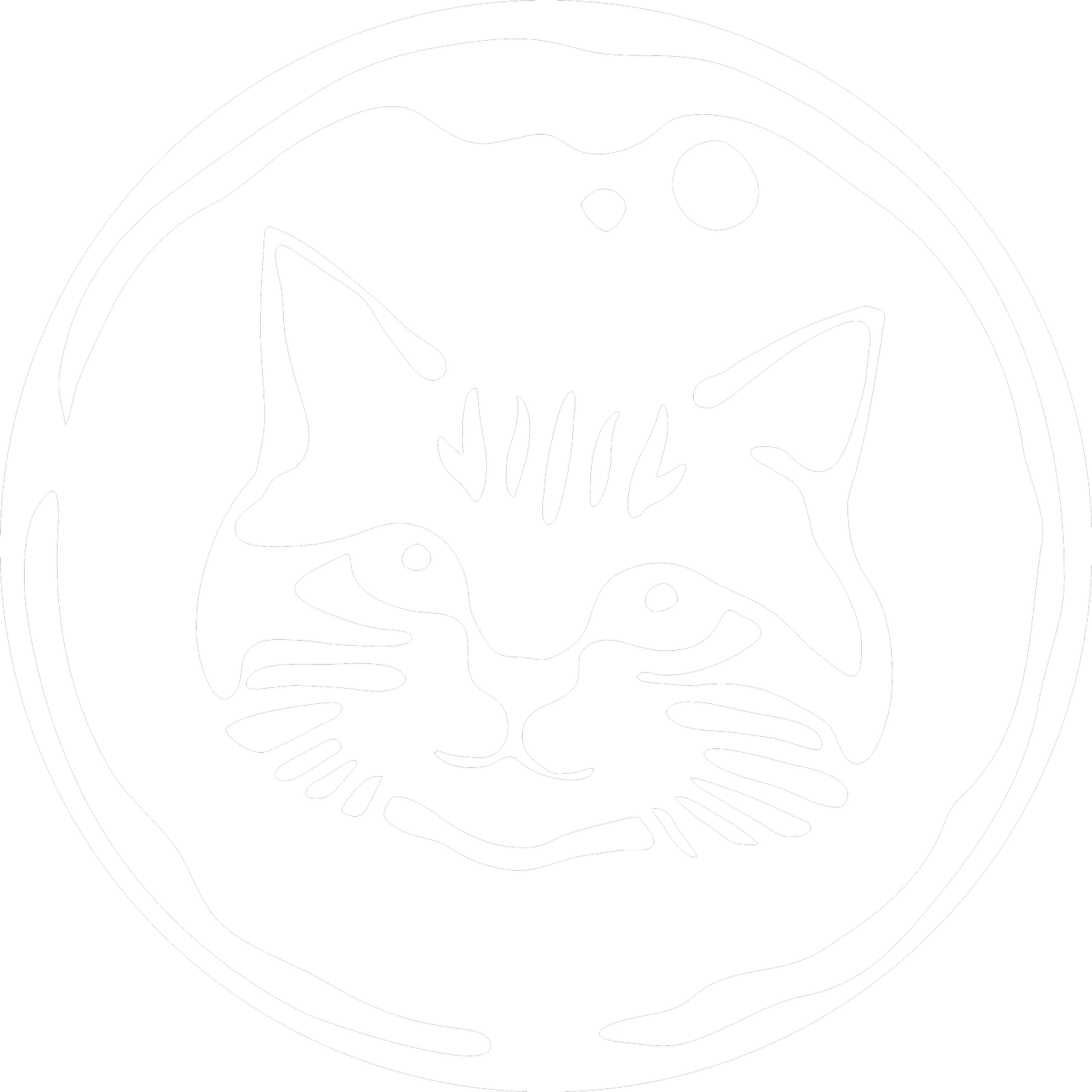Choosing the Right Cat Litter: Exploring the Different Types and Finding Your Cat's Preference
Finding the perfect cat litter for your feline companion can be a challenging task. With so many types and brands available, it can be overwhelming to decide which one is best suited for your cat's needs. In this blog post, we will discuss various types of cat litter, their benefits and drawbacks, and how to determine which type of litter is ideal for your cat.
Clumping Clay Litter
Clumping clay litter is one of the most popular types of cat litter, thanks to its ability to form solid clumps when it comes into contact with liquid waste. This makes scooping and cleaning the litterbox much easier and more efficient. Clumping clay litter also offers excellent odor control. However, it can be dusty and may not be suitable for cats with respiratory issues or allergies.
-
Forms solid clumps for easy scooping and cleaning
Offers excellent odor control
Widely available in stores
-
Can be dusty
May not be suitable for cats with respiratory issues or allergies
Not biodegradable
Non-Clumping Clay Litter
Non-clumping clay litter is similar to its clumping counterpart, but it does not form solid clumps when wet. This type of litter is usually more affordable and can still provide adequate odor control. However, it requires more frequent litterbox changes and may not be as efficient in trapping liquid waste.
-
More affordable than clumping clay litter
Provides adequate odor control
Widely available in stores
-
Requires more frequent litterbox changes
Not as efficient in trapping liquid waste
Not biodegradable
Recycled Newspaper Pellets
Recycled newspaper pellets are an eco-friendly cat litter option made from recycled paper. They are biodegradable and can be composted or flushed down the toilet in small quantities. This type of litter is dust-free and relatively absorbent, but it may not control odor as effectively as some other options.
-
Eco-friendly, made from recycled paper
Biodegradable
Dust-free
-
May not control odor as effectively as some other options
Not as absorbent as some other options
May not be as widely available in stores
Pine Pellets
Pine pellets are made from compressed sawdust and offer a natural, eco-friendly alternative to clay-based litters. They are biodegradable, low-dust, and provide good odor control. As the pellets absorb moisture, they break down into sawdust, which can be easily removed and replaced. Some cats may not like the texture or scent of pine pellets, so it's essential to monitor your cat's reaction when introducing this type of litter.
-
Biodegradable and eco-friendly
Cost-effective
Low-dust and provides good odor control
-
Some cats may not like the texture or scent
May be more expensive than other natural alternatives
May not clump as effectively as some other options
Crystal Litter
Crystal litter, made from silica gel, is known for its superior odor control and moisture absorption. It is relatively dust-free and can last longer than other types of litter, as the crystals change color when it's time to replace them. However, crystal litter can be more expensive and may not be suitable for cats that prefer a softer, more natural-feeling litter.
-
Offers superior odor control and moisture absorption
Can last longer than other types of litter
Relatively low-dust
-
More expensive than some other options
May not be suitable for cats that prefer a softer, more natural-feeling litter
May not be biodegradable
Other Natural Alternatives
There are several other natural litter options available, such as corn-based, wheat-based, and walnut-shell-based litters. These options are typically biodegradable, low-dust, and offer good odor control. However, they may not clump as effectively as clumping clay litter, and some cats may have allergies or sensitivities to the specific materials used.
-
Various options to choose from (corn-based, wheat-based, walnut-shell-based, etc.)
Biodegradable
Low-dust and provides good odor control
-
May not clump as effectively as clumping clay litter
Some cats may have allergies or sensitivities to the specific materials used
May not be as widely available in stores
Finding Your Cat's Preferred Litter
It's essential to consider the pros and cons of each type of litter and your cat's specific needs and preferences when deciding which type of litter to use. Every cat is unique, and their preferences for litter type can vary. To determine the best litter for your cat, consider the following factors:
Observe your cat's behavior and comfort level when using the litterbox.
Experiment with different types of litter and note your cat's preferences.
Take into account any specific needs or sensitivities your cat may have, such as allergies or respiratory issues.
Conclusion
Ultimately, the best cat litter for your feline companion depends on their individual preferences and needs. By exploring the various types of cat litter available and observing your cat's reaction to each, you can find the perfect match that keeps both you and your cat happy and satisfied. Remember, a comfortable and clean litterbox environment is crucial for maintaining your cat's overall health and well-being.


